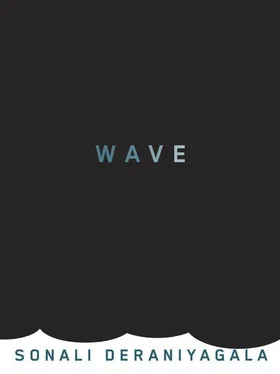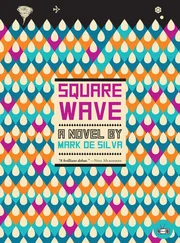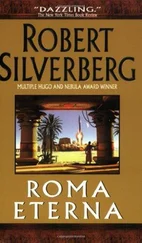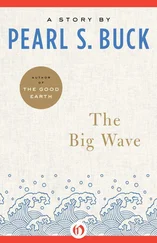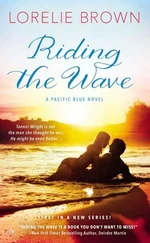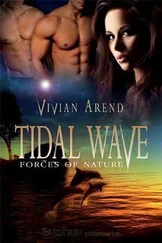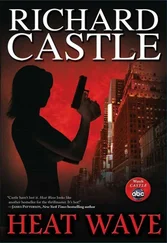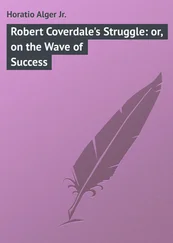The first time I saw a photo of my boys, I was unprepared. I was searching the Internet for ways of killing myself, as I often did then, when one click led to another, until the London Evening Standard screamed, “I watched as my whole family was swept away,” alongside a large photo of Vik and Mal. That photo, it was taken at school, Malli wore a red shirt, and he was proud. An image I knew so well overwhelmed me now. My mind had not fixed on their faces since the wave, it couldn’t endure them. I fell on the bed and pressed a pillow over my face.
And that headline, “I watched”? I hadn’t spoken to any journalist, I had barely left that room. How dare they? I seethed. If Steve was here, if Steve was here, I’d tell him to go find those Evening Standard journalists on a dark night and beat them to a pulp.
Steve and Malli were identified four months after the wave. All that while I’d told myself that they’d disappeared into the depths of the ocean. Vanished. Magically became extinct. This kept their deaths as unreal and as dreamlike as the wave. Then at the end of April, I was told that they had both been identified by DNA testing. It was just days before Steve’s birthday. He would have been forty-one.
I didn’t know then that their bodies had been exhumed from a mass grave sometime in February. I didn’t know that the DNA testing was being done in a laboratory somewhere in Austria. When I was told they were found, I smashed things into pieces. I didn’t want them to be found now. Not as dead bodies. I didn’t want them in coffins.
I went to that mass grave with David later that year. It was a scruffy plot of land next to a Buddhist temple in Kirinda, a few miles from Yala. Some children from the village rushed over and told me more than I wanted to hear. “The bodies were brought at night, in tractors and bulldozers,” they said. “Some were clothed, some were not. No clothes at all. The people in the village were scared, but the priest in the temple allowed the bodies to be buried. Then the police came one day, some of them were white policemen, and dug it up. They told us not to watch, but we did.”
I didn’t tell them I did not want to hear this. I didn’t walk away. I just listened. It was Steve and Mal they were talking about. Steve and Mal. “My mother went mad when she saw the dead bodies,” said one of the boys. “We had a thovila for her and everything, a kattadiya ”—a sorcerer—“even came. We had to pay him twenty-five thousand rupees. But she is still not cured. Still mad.”
W e had left London on the night of the eighth of December. Steve and I worked from home that day. At lunchtime we drove to Muswell Hill, did some shopping. We went to the music store, Vik needed a book for the piano exam he was taking in April. We bought a Keith Jarrett CD, The Melody at Night, With You . We shared some chocolate cake at Oliver’s Deli. We popped into M&S because we’d been overcharged for some wine at the weekend, we’d bought three bottles but were charged for five. The cashier asked if we wanted cash back or a credit voucher. Steve said a voucher’s fine, we’ll always come back here. He put that voucher in his wallet.
The school Christmas concert had been the previous night. It was A Christmas Carol . Vikram stood at the back and sang listlessly as usual. Malli sat on Steve’s knee in the audience. When they sang “White Christmas,” he sang along. His face was a picture, enchanted by the fake snow falling on the stage. Malli loved all things snowy. I must take him to see The Snowman at the Peacock Theatre when we get back from Colombo, I decided then. I’d seen him gasp in wonder when he saw the flying boy and snowman on TV. The next morning I booked four tickets. For the fifth of January.
What I did for my boys never stopped. Now I have to give that all up? During those months and months after the wave, I clutched the side of my bed, reeling with this thought.
But how do I stop searching the Web with Vik for Galápagos tortoises? How do I stop talking with him about dinosaur birds? How do I give up on Malli’s dreams of being a dancer? Or the one who puts on shows? I had only just been thinking I really must get on with teaching him to read and write, that Christmas card he made us in school said “To Mum and Bab.”
Mum. I could hear them. “Isn’t it true, Mum … In a minute, Mum … Oww, don’t turn the TV off, Mum … My leg hurts, Mum.” I wanted to scratch out that word: Mum .
The torment of wanting them when they came up close like this. I will kill myself soon. But until then, how do I tame my pain?
I need to prise them off me. But how?
I must stop remembering. I must keep them in a faraway place. The more I remember, the greater my agony. These thoughts stuttered in my mind. So I stopped talking about them, I wouldn’t mouth my boys’ names, I shoved away stories of them. Let them, let our life, become as unreal as that wave.
They had become muffled and distant then anyway. This happened in those first days after the wave. I couldn’t find their faces, they quivered as in a heat haze. Even in my stupor I knew that details of them were dropping away from me like crumbs. Still, whenever they emerged, I panicked.
I must be more watchful, I told myself. I must shut them out.
I couldn’t always keep this up. I’d find myself tracing their outlines on my bed, remembering their sizes and shapes. They were so real, these imprints, almost warm. I wanted to fix them on those sheets, pin them down.
But I must stop this. I must turn away from them.
T hey don’t want me to drink. Some cheek, I fumed. My relatives, of all people, hark at them, they who are always reaching for the next Scotch. Over the years, whenever my parents and my aunts and uncles were invited to a dinner party where there’d be no alcohol, it was a family crisis. They’d complain for weeks beforehand. Oh, so difficult, functions like this. They’d plan to meet early that evening and have their fill. And now, some nerve. These same relatives were trying to stop me from drinking?
In those early weeks, each evening someone would try to tempt me with a glass of wine. Come on, just one. Or a brandy then. It will relax you, help you sleep. But I refused. I feared it would blur the truth of what had happened. I had to be vigilant. What if, even for one single moment, I thought nothing has changed, that no one is dead?
Then suddenly every evening I was drunk. Half a bottle of vodka down by six p.m., never mind that my stomach burned. Then wine, whiskey, whatever I could stumble around the house and seize. I’d swig from bottles, no time to get a glass.
Now everyone panicked. They locked away the bottles (after they’d had their fill). My aunt hid the keys. Our friend Sarah came from London and emptied whole bottles of Baileys down the sink. You cow, I thought, such waste. I’d be incensed and try to drink bottles of aftershave, perfume, it’s got alcohol in it, right? Ugh, the taste, I smashed bottles against walls.
Each night I hoped to die from my frenzied drinking. And it diluted my terror of getting to sleep. I knew I had to wake up the next morning and relearn the truth all over again. Sometimes I would guzzle from a bottle on the balcony all night, which was silent but for the flutter of moths. I would plead into the darkness, where are they, bring them back. I rushed inside when the birds began to sing at first light, birds I had to escape. Or instead I’d say to the kohas , go on, ramp it up, screech my pain.
If I drank through the night, I didn’t have to dream. Each night I dreamed of fleeing, of running from something, some nights it was water, some nights it was churning mud, other nights I didn’t know what. In these dreams always one of them died. Then I’d wake to face my real nightmare.
Читать дальше
